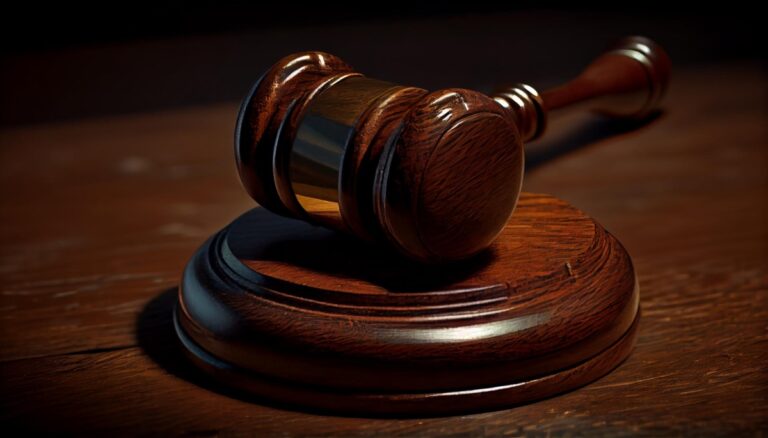Managing your business effectively requires a swift and straightforward approach to debt collection. Few businesses can afford to have outstanding debts for longer than necessary , and with this in mind debt recovery lawyers provide an invaluable service to help keep your business plan intact.
Debt recovery with the help of Simply.Law member lawyers
Taking advice about debt collection from experienced lawyers is essential in ensuring any defaulted payment is addressed quickly. Debt recovery lawyers from Simply.Law have all the necessary skills and experience to handle your debt situation efficiently. Simply.Law has been developed as a simple, online method of connecting the right lawyers with those who need high-end legal services.
Simply.Law member solicitors will be able to tackle your problems quickly and with minimum disruption to your business. All of the solicitors featured on this page are experts in each stage of the debt recovery process. You can select a lawyer from the list yourself, or if you prefer you can submit your details to Simply.Law and we will use our Match function to identify the best lawyer for your needs.
What is a letter before action?
There are three main steps to recovering a debt; issuing a “letter before action” or a Late Payment Demand, taking court action and then judgment and enforcement. If a payment reminder, followed by a final demand for payment, has been made via letter or telephone, then you can issue either a letter before action or a Late Payment Demand.
A letter before action sets out the outstanding amount of monies owed and reserves the right to take court action. This can then be issued if the debt remains unpaid and a claim form will be filed with the court. It’s usual for a debtor to respond to a letter before action and many debts are recovered at this point.
An alternative method is to send a Late Payment Demand. This will allow you to claim the cost of debt collection (if reasonable), compensation and interest under the Late Payment of Commercial Debts Act 1998. However this only applies if both parties were acting in the course of business. The Act and Regulations 2002 and 2013 provide for you to charge interest. This would be at the annual rate of 8% above base rate for every day your debt remains unpaid. The amount of compensation you can claim depends on the sum of the debt.
If no satisfactory response is received after this stage and if the full amount of debt remains unpaid, then the next step will be to file a claim with the court.
Contact Simply.Law today to connect with a lawyer who can help you draft letters before action in the debt recovery process.

